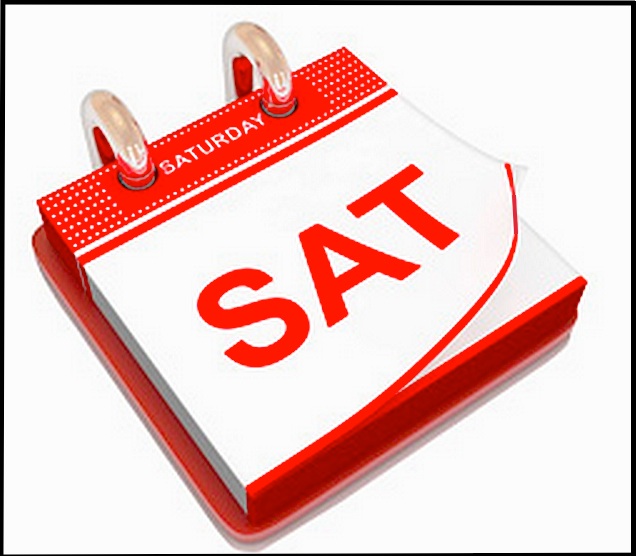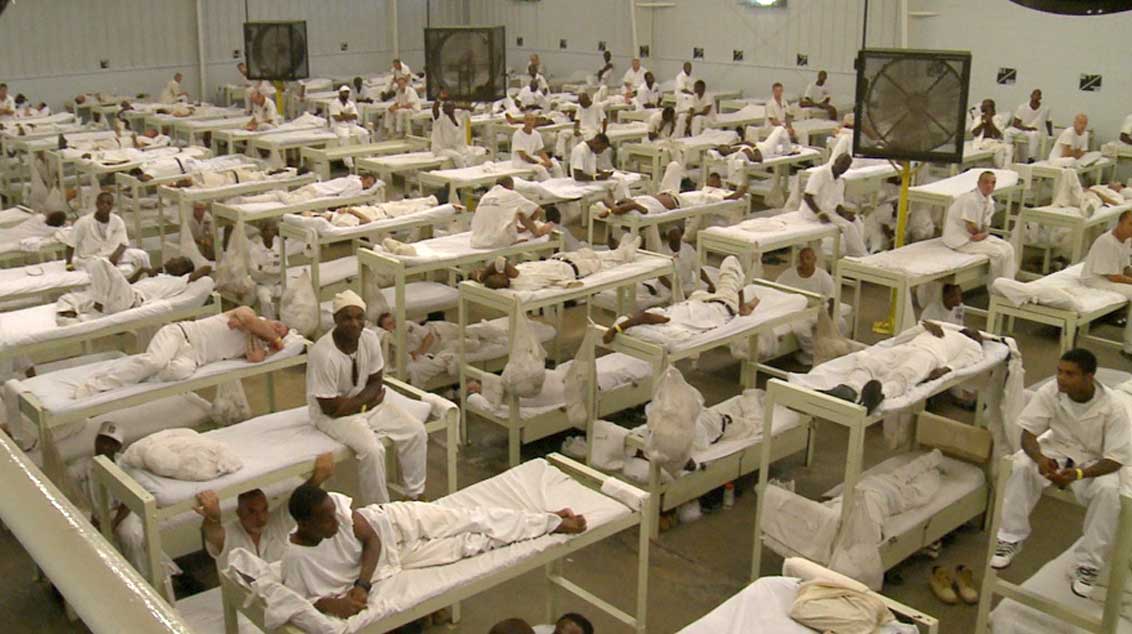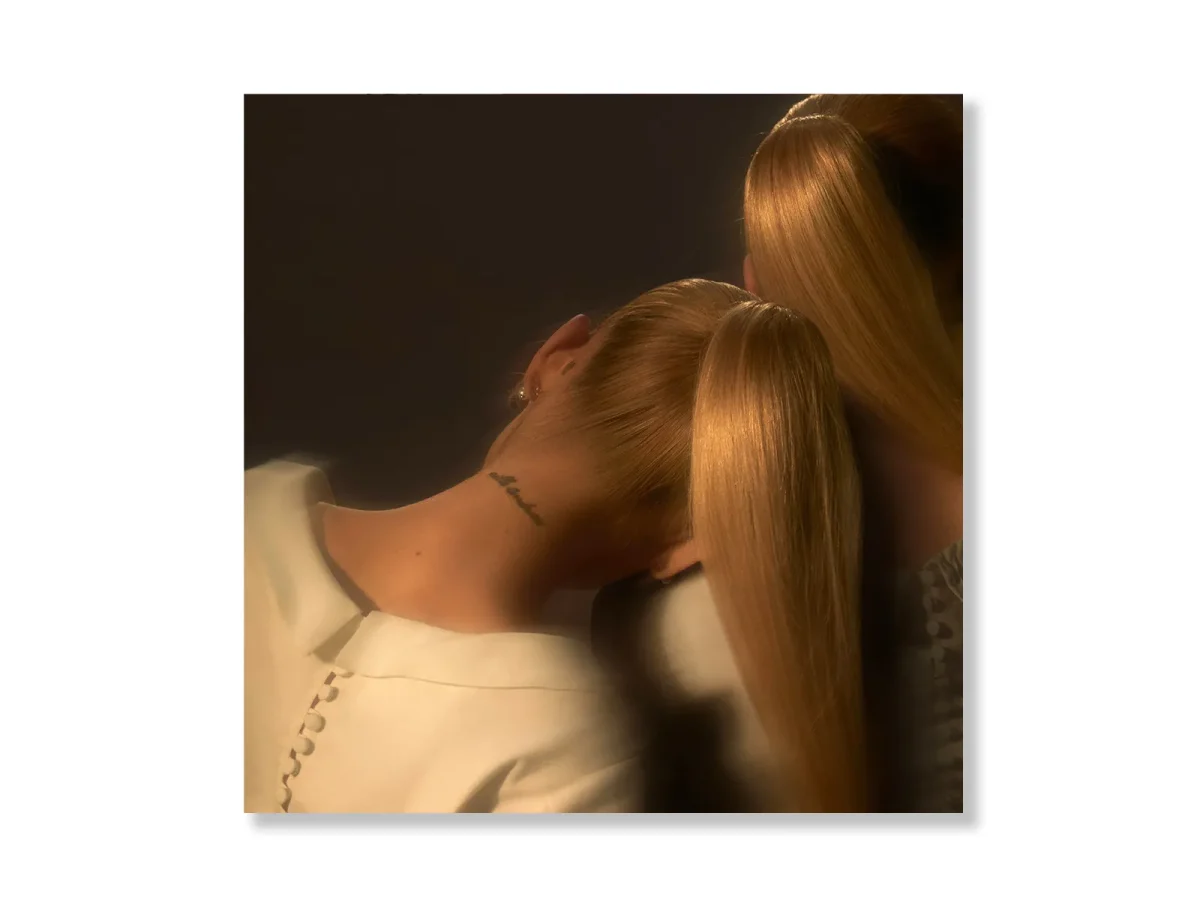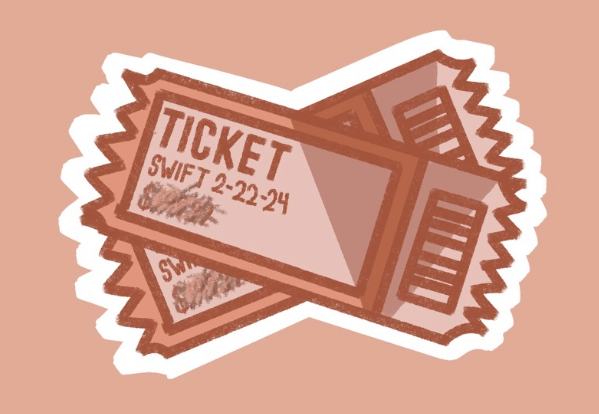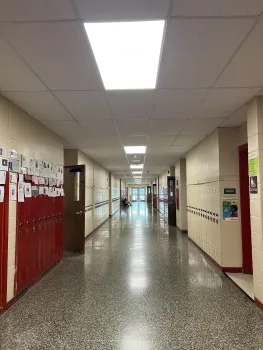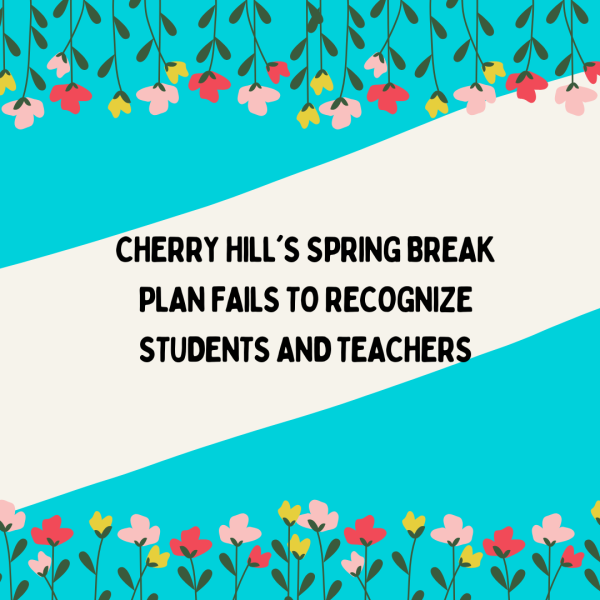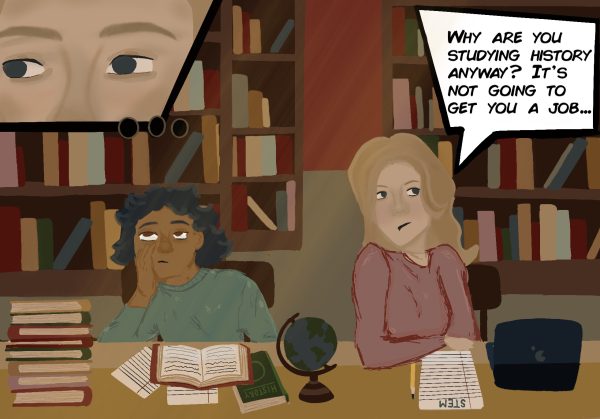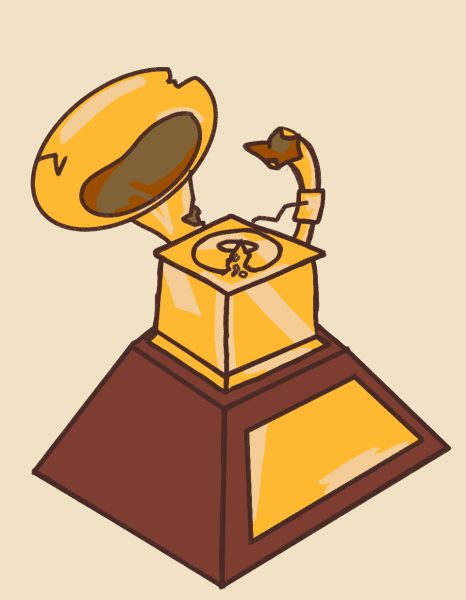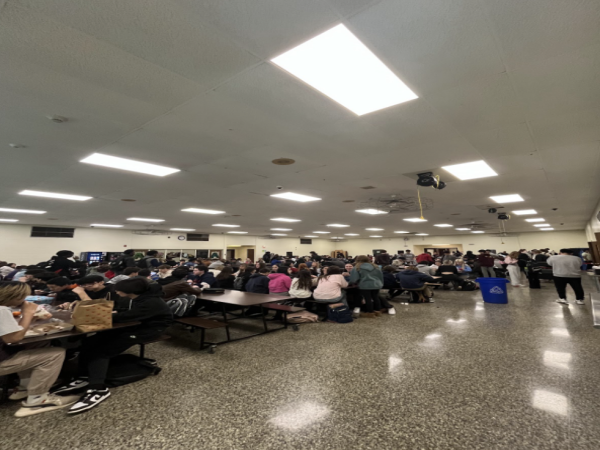Saturday school is not the only solution
May 18, 2014
This Saturday, May 17, Cherry Hill seniors were expected to be in school. Saturday, April 26 was another snow make-up day for seniors. State regulations require 180 official instructional days of school for all students in order for a school district to receive state aid. But with graduation set for June 17, the school calendar, with school in session from Monday to Friday, would allow for only 178 school days for seniors before graduation, a date that cannot be changed due to reservations at the Liacouras Center.
This entire issue, from the foundational 180-day requirement to the Saturday school fix, is wrought with flaws.
First, the requirement for time spent in school should be based not on days, but on hours. Currently, four hours is the legal minimum length for a day of school. But anyone who has been to school on a half day of school (4 hours) and a full day of school (7 hours) knows that much more education tends to happen on full days. Yet through the eyes of the state, both count equally toward the 180-day requirement.
This year, school was closed on numerous days due to snow. Many classes fell far behind in their curricula. Adding Saturday school days, on which teachers, according to their contract, cannot be required to work, does not help with the decrease in instructional time caused by the snow days. As a result of the decrease in time that could be allotted to instruction, many teachers, especially in AP classes that need to finish a curriculum before early May when AP tests are administered, began assigning more information for students to learn independently, through text-book reading and other resources.
If the instructional time requirement were based on hours rather than days, the extra half hour added to the school day this year would have helped decrease the number of hours that would need to be made up due to snow days. Also, if it were based on hours of instructional time, instructional make-up sessions could be held during lunch/break periods, and could cover curriculum material, eliminating the need to open the school on weekends.
Additionally, this winter, schools in the Chicago area, which faced an exorbitant amount of snow, began using online learning on snow days. This is a great idea, and should be implemented in Cherry Hill, in a way that can be measured, and can count towards the required instructional time. After all, times such as senior trip, which involve negligible educational instruction, count toward the 180 instructional day requirement, so why shouldn’t watching online videos that teach curriculum material count? Local and state officials need to work together to change the 180-day requirement from an obstruction that needs to be worked around, to a framework for ensuring that real educational instruction happens regardless of the weather.
In past years, the School District would build in more days than required to the school calendar, so that in the event of a snow day, a make-up day would not have to be added later. After several years with very little snow the District stopped doing this. This practice should be reinstated because it can prevent such last-minute fixes as the Saturday school days. The absolute worst that can come of it is that school would end a few days earlier than expected.
Administrators have tried to make the best of the Saturday school days by bringing in guest speakers on life-skills topics, like financial literacy, which are deemed very important for students to learn before they leave high school. Yet if these topics are so important, why are they not taught in the regular curriculum? Had snow not necessitated these Saturday school days, would seniors never learn these things before leaving high school?
Sitting in health class one day in February, when we were informed of the likelihood of Saturday school days, I felt an intense anger. I will attempt to explain why the announcement moved me so much.
For my whole life, I have observed the Jewish Sabbath from sunset every Friday to sundown every Saturday evening. This 25 hour period is a “sanctuary in time”* that has become incredibly important to me. It is a day of rest that allows me to recover from the previous week, to re-set myself for the upcoming week. During this time, I refrain from writing, from riding in motor vehicles, from using computers and other electronic devices. Shabbat—the Jewish Sabbath—has been instilled in me by my parents, by my grandparents, by my older siblings, by the thousands-year existence of Judaism and Jewish people.
Shabbat is part of the way I see the world. It is part of my identity. Administrators just deciding rather arbitrarily that on some Saturdays there would be school, made me feel that this part of my worldview and my identity was being completely ignored.
When it comes up in conversation, I sometimes try, but find it very difficult to explain to my peers what Shabbat-observance is and what it means. It seems people have a foggy idea of what I do and don’t do on that day of the week, and it seemed to me that this Saturday school proclamation pushed that vague cloud of fog far away, rendering it totally irrelevant.
I have missed many days of school for Jewish holidays that are observed similarly to Shabbat, which fall on weekdays, and I knew that I would be excused from the Saturday schools for religious reasons. But somehow it felt wrong and intrusive to be explicitly told that I am expected to be in school on a day that I take for granted to be open to me, free from school demands, to practice my religious commitment.
I know I am just one student, one of few Sabbath-observant students among 1,000 Cherry Hill seniors. I am not trying to imply that the schedule should be designed around my religion, or my desires. I know that the feelings of one person cannot and should not dictate policies for 1,000 students. Nonetheless, it is important to me to be able to express my thoughts and feelings around this topic, and to point out that for the future, there are many other options for solving the issue of lost school time due to snow.
*Abraham Joshua Heschel, The Sabbath

